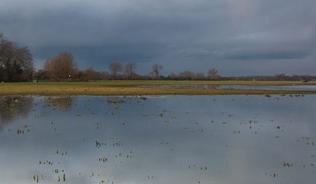Defra is reviewing the Clean Air Act and its associated regulations as part of the Government’s Red Tape Challenge. The review aims to reduce burdens on business and modernise the legislation to make it more relevant to current air quality challenges.
In doing this they held stakeholder workshops and conducted a Call for Evidence in 2013 to support the review, the results of which were published in July 2014.
One of the suggestions received was that the associated regulations could be consolidated to improve ease of use for businesses and Local Authorities. This process would make it easier to locate requirements by creating a single set of Regulations and by updating the text to refer to the Clean Air Act 1993.
Defra are now running a consultation on proposals to consolidate six sets of the Regulations that were made under various enabling provisions contained in the Clean Air Act 1956, the Clean Air Act 1968 and the Control of Pollution Act 1974. The enabling provisions were repealed and re-enacted by the Clean Air Act 1993 (the Act).
The regulations Defra propose to consolidate are:
- The Dark Smoke (Permitted Periods) (Vessels) Regulations 1958 (S.I. 1956).
- The Clean Air (Arrestment Plant) (Exemption) Regulations 1969 (S.I. 1969/1262).
- The Clean Air (Height of Chimneys) (Exemption) Regulations 1969 (S.I. 1969/411).
- The Control of Atmospheric Pollution (Research and Publicity) Regulations 1977 (S.I. 1977/19).
- The Control of Atmospheric Pollution (Appeals) Regulations 1977 (S.I. 1977/17).
- The Control of Atmospheric Pollution (Exempted Premises) Regulations 1977 (S.I. 1977/18.)
Further details can be found in the consultation document. The consultation will run from 30 October to 27 November 2014. It incorporates an online survey in which Defra ask your views on whether the format of the consolidated Regulations improves clarity and ease of understanding for local authorities and businesses. The consultation is not intended to reopen the policy decisions behind the detailed rules.
If you have any queries about this consultation please contact Bridget Haughan (Tel: 020 7238 3391)



